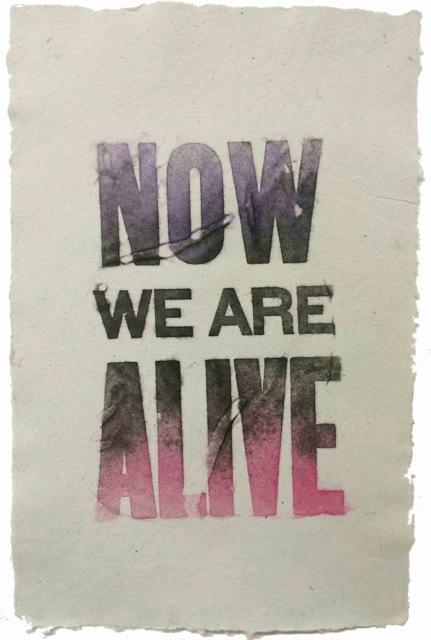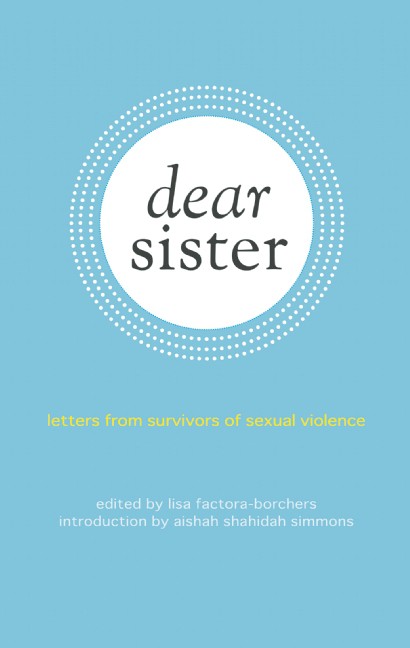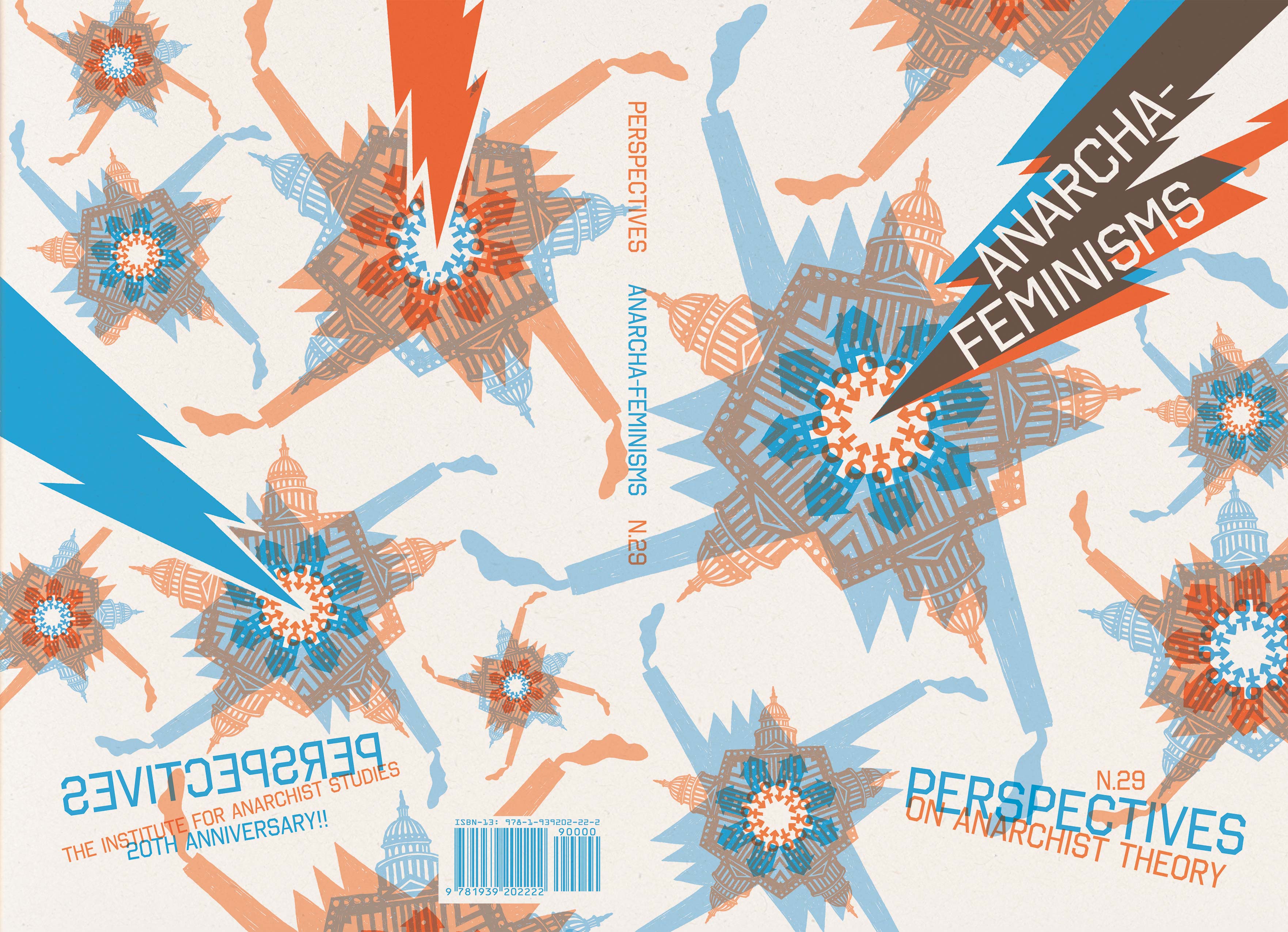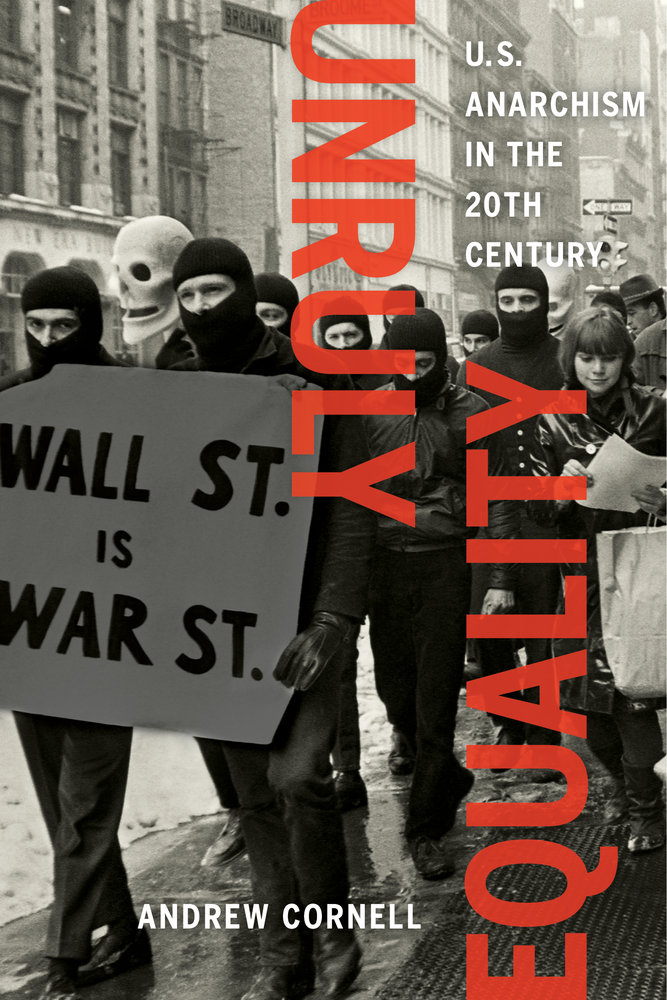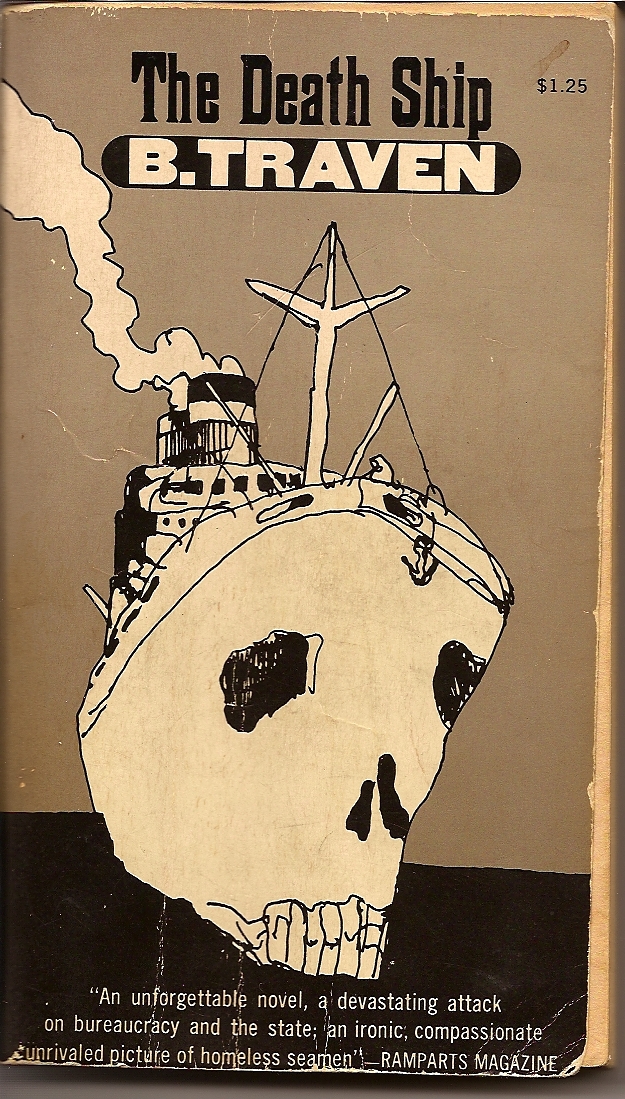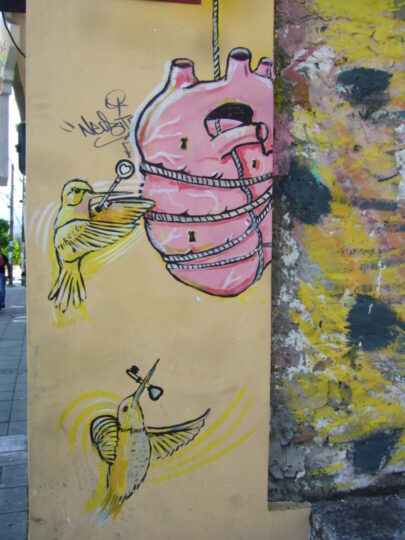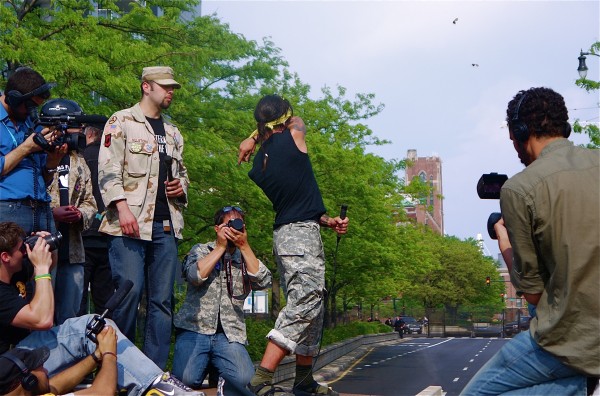Editors’ Note:
We regret that, due to an error, an incorrect version of the following piece appears in the print edition of Perspectives, N. 29, on “Anarcha-Feminisms.” Please read and share this version of McClelland and Dodd’s essay, as it demonstrates the language and ideas they intended to represent. We are grateful to the authors for their grace and understanding with this error, and apologize for any confusion this may have created.
“As a woman living with HIV, I am often asked whether there will ever be a cure for AIDS. My answer is that there is already a cure. It lies in the strength of women, families and communities, who support and empower each other to break the silence around HIV/AIDS and take control…” – Beatrice Were, Ugandan AIDS activist ₁
Introduction
In the early days of the HIV epidemic, within a context of massive and systemic state neglect, people who were impacted and affected by HIV came together out of desperation and urgency to help care for and support their own communities, friends, and families. This care and support took many forms. Some helped people die with dignity in non-stigmatizing environments, while others pooled medications in buyers’ clubs and distributed them to one another outside of official healthcare systems of access. Still others established collective community clinics, developed community prevention, support and care organizations, and distributed sterile equipment for injecting drugs, even when it was deemed illegal by the state, or opened supervised consumption sites without official institutional forms of medical or public health approval. Despite these productive examples, which undoubtedly saved many lives, the devastating past of the AIDS crisis is not one to be romanticized. This is not our intention. In looking back at history, we can see that many of these radical actions were inherently anarchist. At the time, people’s intentions may not have been rooted in an anarchist worldview. People did what they needed to do to maintain their own survival despite what higher authorities deemed appropriate. These examples are the active realization of mutual aid, spontaneity, trust, and collaboration—all tenets of anarchism. While anarchism was not central to those organizing in the early days of the AIDS movement, there was an anarchist component to New York City’s AIDS Coalition To Unleash Power (ACT UP), Toronto’s AIDS ACTION NOW! and there have been many smaller anarchist AIDS activist initiatives over the years. We aim to help reconnect the work of these past movements to what is happening today, or what could happen in the future, with liberatory concepts and ideas brought forward through anarchism.

